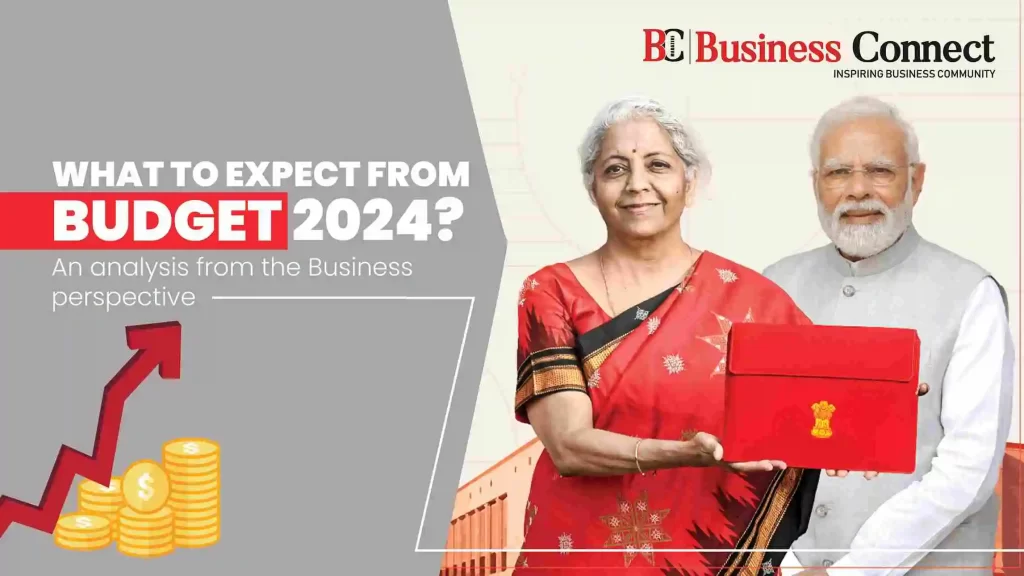What to expect from Budget 2024?
An analysis from the Business perspective
Our honorable finance minister, Nirmala Sitharaman has recently announced the budget for the fiscal year 2024-25. And it has stirred considerable anticipation and discussion among businesses and taxpayers accordingly.
With key provisions targeting direct taxes, corporate tax rates, and GST collections, this year’s budget is all about supporting economic growth and fostering a conducive environment for small businesses to thrive in this competitive landscape.
This time, direct taxes were under the spotlight, with the Finance Minister announcing the retention of the same tax rates for FY 2024-25. What is worth noting is that taxpayers with an income of up to Rs. 7 lakh would continue to get relaxation under a tax-free status under the new tax regime.
This insightful move has brought a wave of relief among the middle-income taxpayers. This move would bolster consumer spending and would be stimulating demand in various sectors of the economy.
Also, in view of making efforts to support and promote domestic manufacturing alongside attracting investments, the budget introduces differential tax rates for corporate taxes. As per the budget, the domestic companies would be subjected to a 22% tax rate, while a few new manufacturing companies are expected to be benefitted from a reduced tax rate of 15%. This differential step would help to incentivize investments in the manufacturing industry and solidify India’s reputation as a global manufacturing hub of the upcoming years.
The budget also features important achievements in direct tax collections and processing efficiency. In the past 10 years, direct tax collections have increased 3x, underscoring the seamless operations of tax reforms and compliance measures.
In addition to this, the average processing time for tax returns has witnessed a remarkable reduction from 93 days in 2013-14 to just 10 days in 2023-24. Viewing all of these improvements testify the government’s competency to enhance tax administration and easing compliance burdens for taxpayers.
Supporting the entrepreneurial ecosystem and bolstering foreign investments, the budget proposes an extension in the time limit for certain tax benefits. Small and mid- sized ventures and investments made by sovereign wealth funds/pension funds will continue to enjoy tax benefits beyond the initial expiration date. It is a remarkable step in providing stability and certainty for investors.
Moreover, tax exemptions for specific units in International Financial Services Centres (IFSC) have been extended until 31st March 2025. This would be a revolutionary step in offering a conducive environment for the growth of financial services providers.
Furthermore, the budget has also talked about robust growth in GST collections, with the average monthly gross GST collection doubling to Rs. 1.66 lakh crore in FY24. Worth noting that this surge in GST collections reflects increased economic activity and consumption levels. Indeed, this points towards a positive outlook for businesses across various industries. In terms of improved tax compliance and revenue generation, the tax buoyancy of state revenue has witnessed a significant uptick in the post-GST period.
In a nutshell, the budget for FY 2024-25 brings a holistic framework focused on fostering sustainable economic growth that could be accompanied with the ease of doing business in Indian markets. All of the thought steps of addressing key taxation concerns, incentivizing investments, and enhancing tax administration, the government has strained every nerve to enable the thriving environment for businesses and contribute to India’s economic resurgence.



